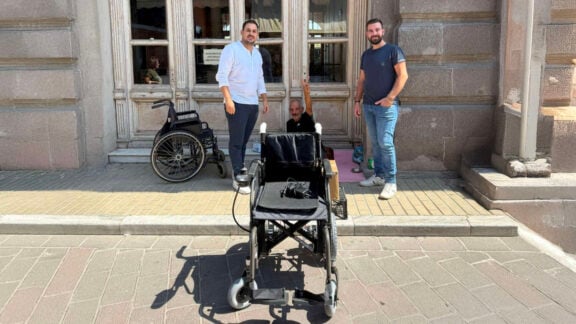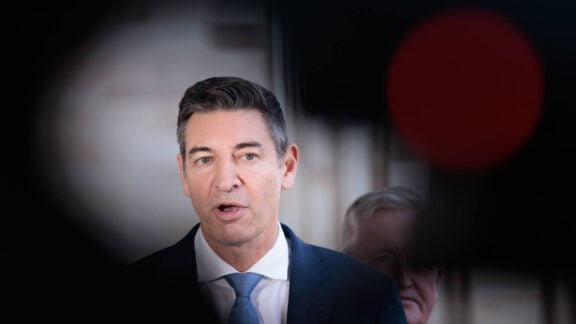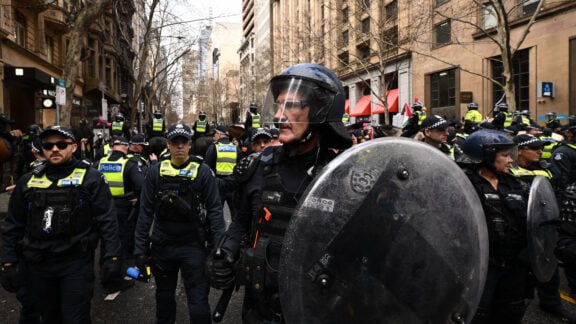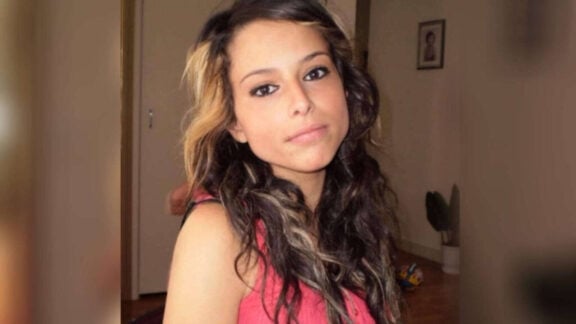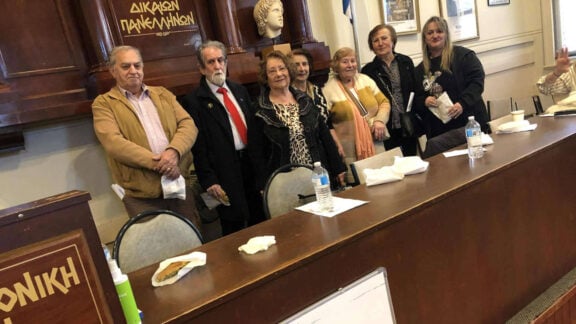In an announcement, the premier of South Australia, alongside the Minister for education, Blair Boyer revealed a reforms aimed at enhancing civics and citizenship education in the state’s public schools.
The new initiatives are set to significantly bolster students’ understanding of democratic principles and their role in an increasingly polarised society.
The key elements of the reforms include:
1. Weekly Civics Classes: Beginning next year, all public school students in years 7 and 8 will engage in one hour of civics and citizenship education each week.
2. Cross-Curriculum Integration: For students in years 9 and 10, civics and citizenship will be woven into all subjects as part of a new Cross-Curriculum Priority, ensuring that the principles of democracy are integrated into lessons across disciplines such as science, mathematics, arts, and English.
3. Enhanced Democratic Participation: Schools will receive support to expand opportunities for student involvement in school-based democratic processes, including Student Representative Councils (SRCs).
4. Annual Active Citizenship Convention: Starting next year, all public school students will have the chance to apply their knowledge at an annual Active Citizenship Convention.
5. Specialised Civics Teachers: A dedicated civics teacher will be appointed to every public high school and B-12 school to ensure focused and expert instruction in the subject.
The cross-curriculum priority will integrate civics into existing subject content, helping students apply their knowledge to real-world issues and scenarios. Additionally, the Department for Education and Child Development plans to enhance the availability of politics courses in the South Australian Certificate of Education (SACE), providing more students with opportunities to study political science during their senior years.
Oversight of these reforms will be managed by a dedicated working group chaired by the chief executive of the department for education.
The reforms are designed to fortify the future of democracy in South Australia by equipping students with the necessary skills and understanding to navigate and contribute positively to a complex and dynamic world.

